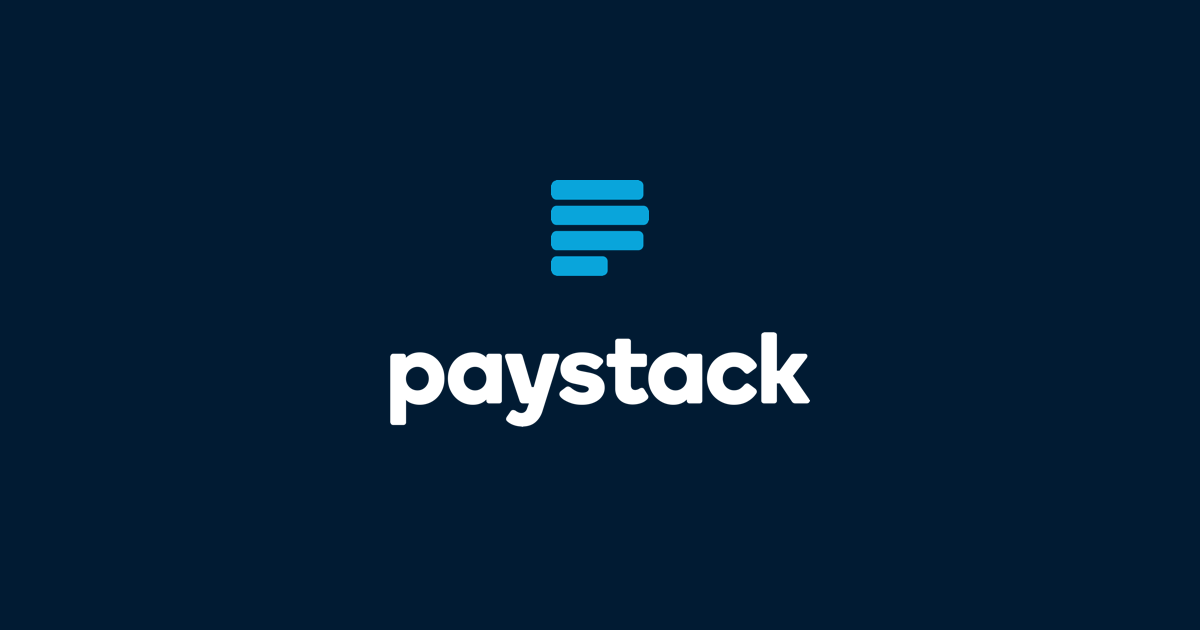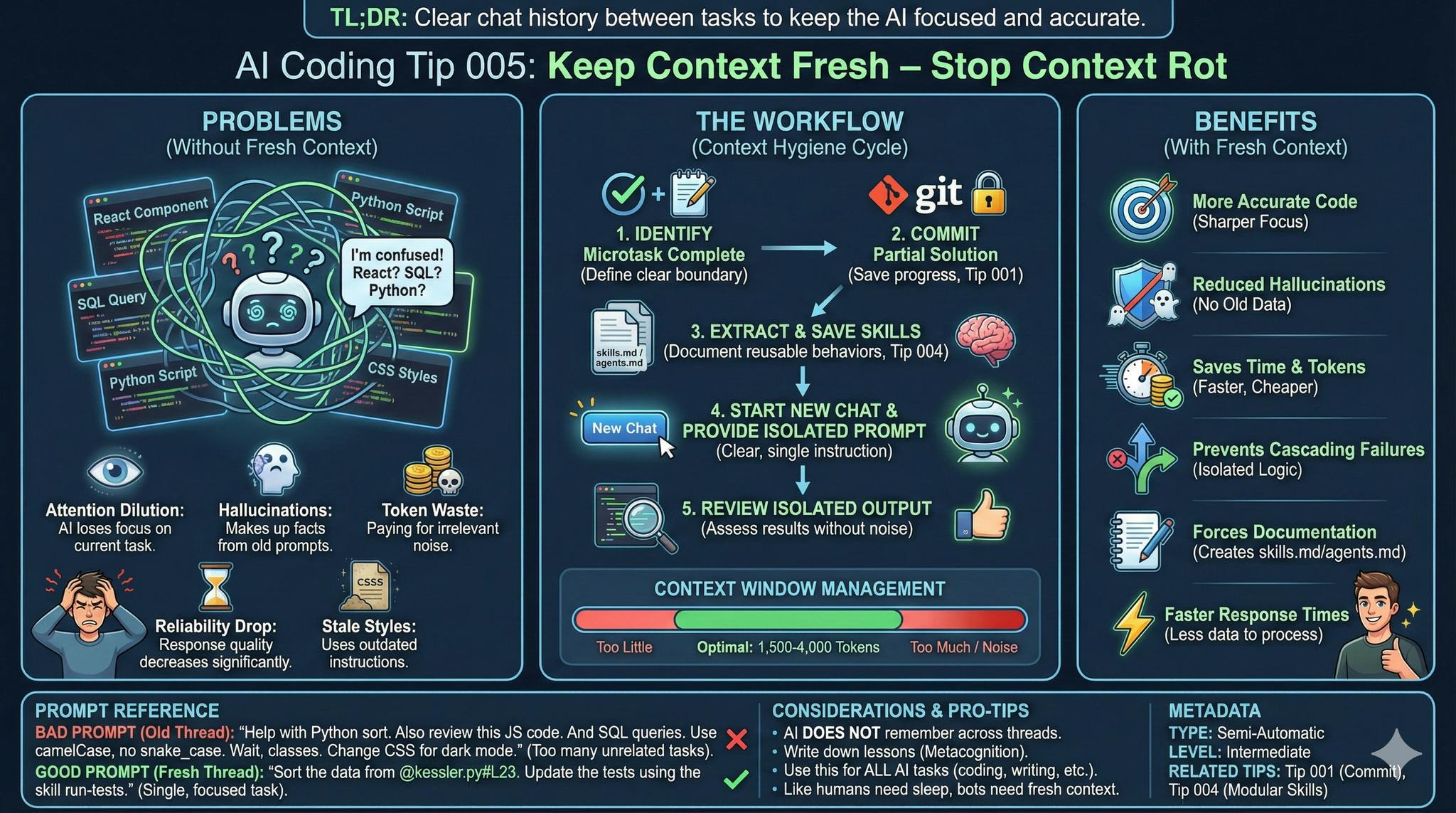Paystack, the Stripe-owned Nigerian fintech, says it terminated its cofounder, Ezra Olubi, on the grounds of “significant negative reputational damage” caused by his resurfaced tweets. The company says this decision is separate from the ongoing independent investigation into workplace misconduct allegations.
In a statement shared with , Paystack said it acted under its contractual rights and “followed due process” in making the decision, adding that it had met all financial obligations owed to Olubi.
“As a regulated company operating in multiple markets, we have a responsibility to act quickly when conduct has the potential to undermine trust,” the company said. “After reviewing the situation, we exercised our right under his contract and followed due process to end his employment.”
“This has no bearing and is separate from the independent investigation into the allegations of workplace misconduct, which remains ongoing. The review is being led by Aluko and Oyebode, the external law firm appointed by the Board. It is continuing independently, and we will share updates once it is complete,” the company stated.
Financial institutions face an additional reputational risk that other non-fintech startups typically do not experience because trust, governance and regulatory confidence are central to their operations. When executives’ actions affect the company’s reputation, the company may face regulatory sanctions, as senior executives at these companies are obligated to maintain appropriate corporate governance structures.
In May 2025, Absa Bank, one of South Africa’s largest banks, found evidence of serious misconduct by senior executives, leading to the early retirement of its former CEO, Arrie Rautenbach. Although the circumstances differ, both cases illustrate how quickly financial institutions may act to preserve regulatory confidence.
Olubi, in a blog post on Sunday, said his legal team is reviewing the process that led to his termination, “including its consistency with internal policies.” He maintains that the controversy surrounding the posts does not reflect his conduct or the way he lived. “I have always, to the best of my ability, conducted myself in a manner that respects everyone’s dignity and safety.” He did not address the specific tweets directly. reached out to Olubi for additional comment at short notice; he had not responded at the time of publication.
An internal source familiar with the matter, who asked to remain anonymous to speak freely, told that Olubi’s response to the resurfaced tweets heightened internal concerns about whether he could continue in a leadership role during a period of intense public and regulatory scrutiny.
According to the source, Olubi has not acknowledged the seriousness of the tweets in light of the recent scrutiny and has consistently maintained that they’re harmless.
“This raised questions internally about whether he could continue in a leadership role while the company was facing intense public attention and heightened concern from regulators,” the source said.
The source said that the independent investigation, which focuses solely on the allegations of workplace misconduct, remains ongoing. The decision to terminate Olubi’s employment, the source said, relates specifically to the reputational fallout from the resurfaced tweets.
Paystack maintains that the two processes are distinct. Olubi, however, argues that the termination process itself was flawed and inconsistent with internal policy.
The tension now unfolding, between reputational protection, due process, and founder accountability, marks a turning point for Paystack. As the investigation continues, the outcome will become a test of how one of Africa’s most influential startups confronts its first real collision with power, scrutiny, and consequence.









